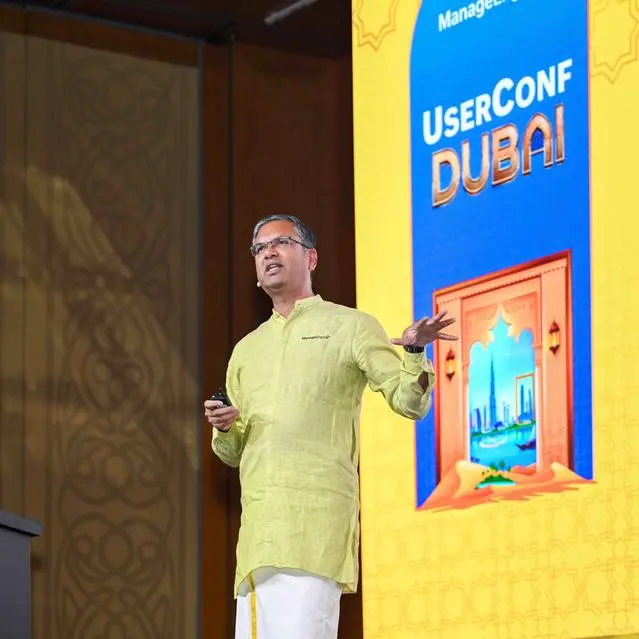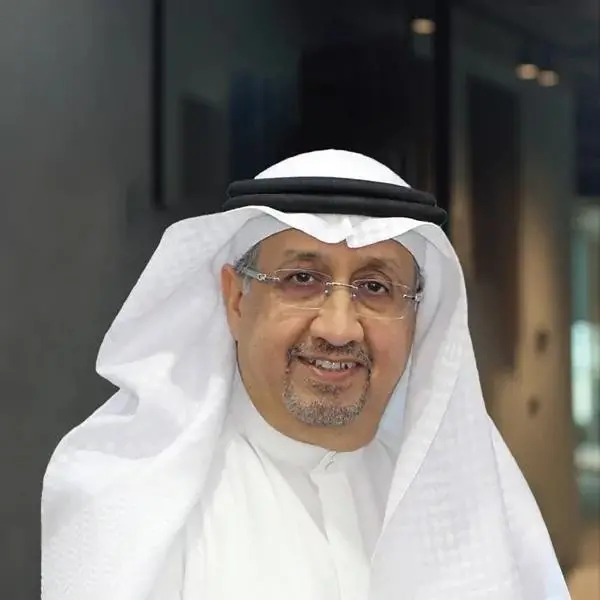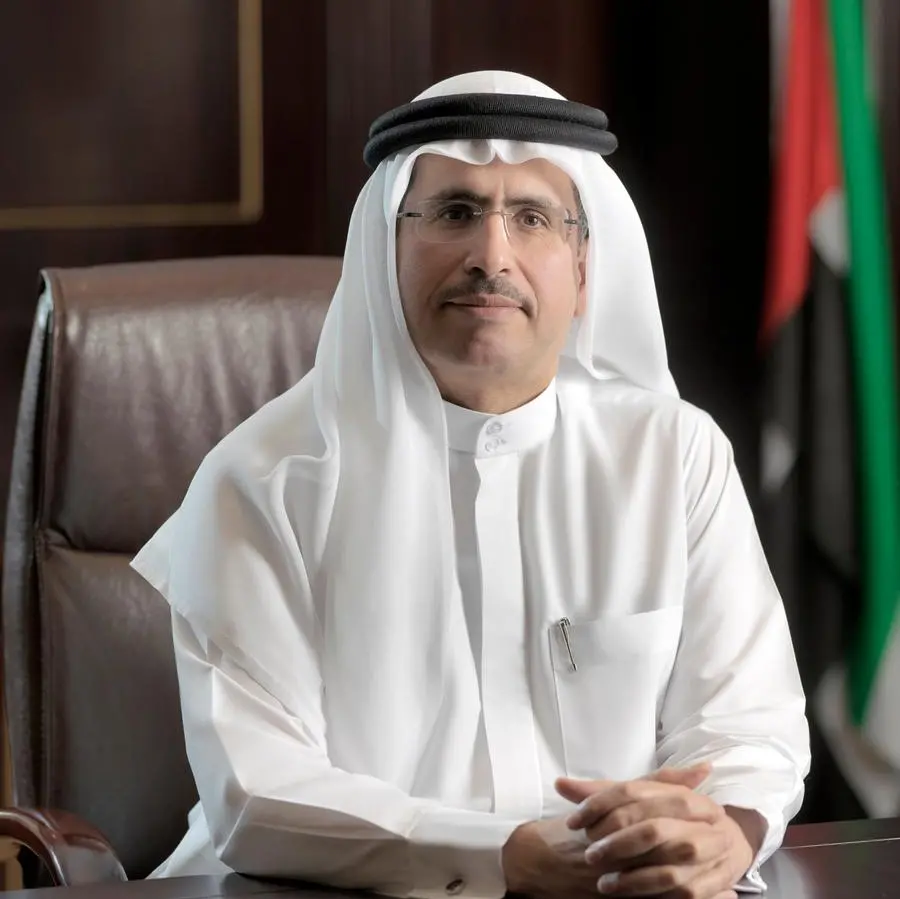PHOTO
Dubai: A regional coalition led by the Emirates Gastroenterology and Hepatology Society (EGHS), Saudi Association for the Study of Liver Diseases and Transplantation (SASLT), and European Association for the Study of the Liver (EASL) signed a Call to Action to raise awareness about a ‘silent killer’ called NASH (Non-Alcoholic SteatoHepatitis). A sever form of Non-Alcoholic Fatty Liver Disease (NAFLD), NASH is already affecting over 10% of the global population with high incidence across the Middle East.
The Call for Action was announced on the sidelines of the 3rd International Hepatology Summit (IHS 2018) endorsed by the Emirates Gastroenterology and Hepatology Society, accredited by the Dubai Health Authority and supported by Gilead Sciences. This year IHS 2018 has seen over 170 international and Middle East experts convene in Dubai on October 12 and 13, 2018.
Dr. Samer El-Ali, Medical Director, Gilead Sciences Eastern Europe and Middle East stated: “Due to the continuous rise of the NASH epidemic across the globe and particularly in the Middle East it was of utmost importance to build a coalition of key stakeholders, particularly best hepatology and metabolic disease experts in the region to spread awareness and help to address patients’ unmet need. Our ambition is to establish a strong consensus to drive progress and better support people affected by NASH across the region, as well as support the healthcare community in the Middle East effectively identifying and treating this widespread, sever and ‘silent’ liver disease.”
Overall global prevalence of NAFLD is estimated at just over 25%, with the highest prevalence in the Middle East reaching almost 32%, while NASH prevalence among NAFLD patients reaches almost 60%.[i] NASH is closely related to the triple epidemic of obesity, pre-diabetes, and diabetes, and can be defined as the liver manifestation of the metabolic syndrome. It is heavily influenced by lifestyle (e.g. chronic excessive calorie intake, sedentary activity) and is distinct from other fatty liver diseases caused by alcohol abuse or medication side effects. It is a chronic yet silent disease, which means that most patients live with it for several years without experiencing any symptoms and are mostly unaware of their liver condition. NASH can progress to more serious disease stages, such as advanced fibrosis, cirrhosis, liver failure or liver cancer, and will soon become a leading cause of liver transplant.
Dr Maryam Al Khatry, President of the Emirates Gastroenterology and Hepatology Society, and one of the leaders of the coalition stated: “Non-Alcoholic SteatoHepatitis patients with fibrosis have a higher risk of progression to cirrhosis, end stage liver disease and hepatocellular carcinoma (liver cancer). Therefore, it is critical to resolve NASH in NASH patients with fibrosis before it has a chance to lead to cirrhosis or cancer and associated life-threatening outcomes. To achieve this, it is our role to lead the awareness and education efforts to early identify patients at risk of progressing to most advanced stages of NASH, such as obese patients, diabetes patient and those suffering from other metabolic disorders, and educate them to adopt a healthy lifestyle based on weight loss to reach the appropriate body mass index.”
The Summit also discussed recent updates and developments in the fields of hepatitis C virus (HCV) and hepatitis B virus (HBV).
An estimated 170 million people are infected with hepatitis C virus (HCV) worldwide.[ii] The Middle East and North Africa (MENA) region has the highest prevalence of HCV infection in the world,[iii],[iv] affecting more than 20 million people in Arab countries. However, HCV is curable if people are screened, diagnosed and treated. World Health Organisation has put clear targets to scale up testing efforts to ensure that 90% of those with hepatitis C are aware of their condition, and that 80% of them are treated by 2030.
Dr. Mohamed Al Zaabi, Consultant Transplant Hepatologist and Gastroenterologist Zayed Military Hospital, Abu Dhabi stated: “Many people are often faced with barriers to testing and linkage to care. These barriers often include lack of awareness, knowledge and understanding that can lead to stigma and discrimination. Therefore, focused testing for most affected populations such as people who inject drugs, people who were born between 1945 and 1965, individuals transfused before 1992, sexual partners and close family of people who are hepatitis C positive, and healthcare workers would lead to the solution of the problem. Success is possible if the access to HCV testing is increased and more people get tested.”
To support screening and HCV elimination efforts in the UAE, Dubai Health Authority (DHA) announced in July the inclusion of free screening and treatment for Hepatitis C under the basic benefit plan of the Dubai Mandatory Health Insurance Scheme. In addition, ‘Ready to Be Hepatitis C Cured’ campaign run by EGHS and MOHAP, and supported by DHA was launched in March, in the effort to raise awareness about the hepatitis C and provide better disease management solutions to the patients and their families, with the ultimate goal to eradicate hepatitis C in the UAE.
Out of all viral hepatitis deaths, approximately 47% is attributed to Hepatitis B (HBV)[v] For some patients, chronic HBV is a lifelong disease that requires long-term or potentially indefinite therapy. Because chronic HBV endures, management of the condition must account for the changing needs of patients. Therefore, the experts at the International Hepatology Summit focused on evolving epidemiology of HBV patients as well as added value of the latest therapies in the treatment of HBV and current treatment guidelines.
Dr. Sameer Al Awadhi, Consultant Gastroenterologist, Emirates Specialty Hospital said: “People with chronic HBV are at risk for developing comorbidities, including diabetes, metabolic syndrome, and renal and bone conditions. However, there are new medications for the treatment of chronic HBV in adults with stable liver disease and may lower the amount of HBV in the body as well as improve the condition of the liver with the high safety profile.”
Hepatology leaders at the IHS 2018 shared insights and best practices for optimizing the disease management. Experts from across Middle East had an opportunity to exchange know-how and challenges with some of the world’s leading hepatologists.
By creating a continuous medical education platform that empowers local, regional and international hepatology experts to connect and exchange ideas, Gilead Sciences reaffirms its commitment to the Middle East and educational efforts for healthcare professionals in the field of Hepatology.
-Ends-
About Gilead Sciences
Gilead Sciences is a biopharmaceutical company that discovers, develops and commercializes innovative therapeutics in areas of unmet medical need. The company’s mission is to advance the care of patients suffering from life-threatening diseases. Gilead has operations in more than 30 countries worldwide, with headquarters in Foster City, California.
For more information, please contact:
Mohamad Kashkash
T: +971 (4) 390 0564
M: +971 50 699 3349
[i] Younis et al. Global Epidemiology of Nonalcoholic Fatty Liver Disease – Meta-Analytic Assessment of Prevalence, Incidence, and Outcomes. Hepatology, Vol. 64, No. 1, 2016; 73-84
[ii] Expanding Global Access to Chronic Hepatitis C Treatments. Gilead Sciences 2015
[iii] Lavanchy D. Evolving epidemiology of hepatitis C virus. Clinical Microbiology and Infection 2011;17:107-15
[iv] Mohd Manafiah K et al. Global epidemiology of hepatitis C virus infection: new estimates of age-specific antibody to HCV seroprevalence. Hepatology 2013;57:1333-42
[v] Global Health Sector Strategy on Viral Hepatitis, 2016–2021
© Press Release 2018Disclaimer: The contents of this press release was provided from an external third party provider. This website is not responsible for, and does not control, such external content. This content is provided on an “as is” and “as available” basis and has not been edited in any way. Neither this website nor our affiliates guarantee the accuracy of or endorse the views or opinions expressed in this press release.
The press release is provided for informational purposes only. The content does not provide tax, legal or investment advice or opinion regarding the suitability, value or profitability of any particular security, portfolio or investment strategy. Neither this website nor our affiliates shall be liable for any errors or inaccuracies in the content, or for any actions taken by you in reliance thereon. You expressly agree that your use of the information within this article is at your sole risk.
To the fullest extent permitted by applicable law, this website, its parent company, its subsidiaries, its affiliates and the respective shareholders, directors, officers, employees, agents, advertisers, content providers and licensors will not be liable (jointly or severally) to you for any direct, indirect, consequential, special, incidental, punitive or exemplary damages, including without limitation, lost profits, lost savings and lost revenues, whether in negligence, tort, contract or any other theory of liability, even if the parties have been advised of the possibility or could have foreseen any such damages.




















